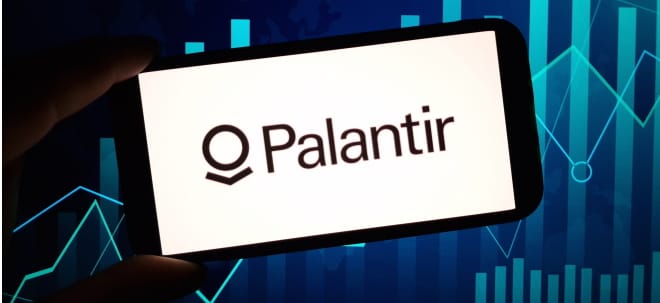..stelle ich die letzten China Infos auch kurz 'rein (ganz nach dem Prinzip: vielleicht stimmt es doch, dass ein Wechsel in den Gefügen der Machtzentren bevorsteht und wir vielleicht vor einer "Hyper"krise stehen (politisch) ..das Gute ist: Geschichtlich gesehen wird nach der Hyperkrise ((in 2-10Jahren; Anzeichen: Politische Unruhen, Verschiebung der "Macht/Einflusszentren", Ausserstaatliche "Regierungen (bspw Versicherungen), Zunahme an interstaatl.Kriminalität (bpsw Piraterie, Terror)) dann entweder "Hyper"Krieg kommen ((beginnend in kleinen Sequenzen, gesteuert anfangs durch Regierungen, später durch Firmeninteressen, beeinflusst durch schon bestehende Mafiöse Strukturen, etc - um dann schliesslich ein fLâchenbrand zu werden)) bzw gleich eine Zeit der Neubesinnung kommt...(in 20-50 Jahren)...........ooops gibt's denn dann noch Aktien??Wer schreibt dann noch auf "ariva"????? Erst'mal stellen sie hier in China fest, dass es dringend etwas gegen die Ausschreitungen zu tun ist: Slowing Chinese economy could fan unrest-top planner The downturn in China's economy is deepening as the global financial crisis spreads, foreshadowing rising unemployment and social unrest, the country's top planner said on Thursday. "Owing to to dramatic changes in the international economic and financial environment, the Chinese economy currently faces growing downside pressure," Zhang Ping, chairman of the National Development and Reform Commission, told a news conference. The State Information Centre, a government think-tank, forecast on Thursday that annual gross domestic product growth would slow to 8.0 percent this quarter from 9.0 percent in the third quarter under the impact of weakness in exports and a slump in the property market. "The global financial crisis has not bottomed out yet. The impact is spreading globally and deepening in China. Some domestic economic indicators point to an accelerated slowdown in November," Zhang said. In the latest official admission of the strains to China's social fabric, Zhang said China would face serious unemployment problems next year. "Excessive bankruptcies and production cuts will lead to massive unemployment and stir social unrest," Zhang warned. With factory closures spreading, especially in the export sector, laid-off workers protested this week against low compensation in three Chinese provinces. An angry crowd of 500 workers smashed and overturned police cars in front of a major toy company that was sacking workers in the southern export centre of Dongguan on Tuesday. Zhang was speaking a day after the People's Bank of China cut banks' benchmark lending rates by 1.08 percentage points, the deepest cut since the Asian financial crisis in 1997. Zhang said the aggressive rate cut showed the need for strong steps to tackle the crisis. "We must adopt more forceful and effective measures to combat the excessive economic slowdown, and the interest rate cut is part of the effort," Zhang said. FISCAL PACKAGE The central bank's actions are aimed at reinforcing the stimulus imparted by a 4 trillion yuan ($586 billion) fiscal package unveiled on Nov. 9 aimed at boosting domestic demand over the next two years. According to the NDRC's estimates, the measures will boost growth by about 1 percentage point each year, Zhang said. Breaking down of the package, he said the money would be spent in six sectors: -- 1.8 trillion yuan on railways, roads and airports; -- 1.0 trillion yuan for post-earthquake reconstruction; -- 370 billion yuan for improving rural living standards and infrastructure; -- 350 billion yuan for environmental protection; -- 280 billion yuan for housing; -- 160 billion yuan for innovation; -- 40 billion yuan on healthcare. The central government is financing nearly 30 percent of the headline figure itself and hopes to drum up the rest from local authorities, state-owned banks and businesses. Zhang said the government had already decided how to spend more than 40 percent of an initial 100 billion yuan that it has promised to inject into the economy before the end of the year. The 100 billion yuan would be spent on projects included in the five-year plan for 2006-2010; indeed, the initial phase of some of these projects had already been completed, he added. Zhang said the Beijing would introduce further measures to boost private-sector demand and employment, including subsidies aimed at low-income households. He said the government had increased pensions and minimum purchase prices for grain and other farm produce, strengthened the social safety net and stepped up efforts to help laid-off workers. "We will continue to consider further measures to boost consumption according to market conditions and the economic situations," Zhang said. |


 Thread abonnieren
Thread abonnieren




